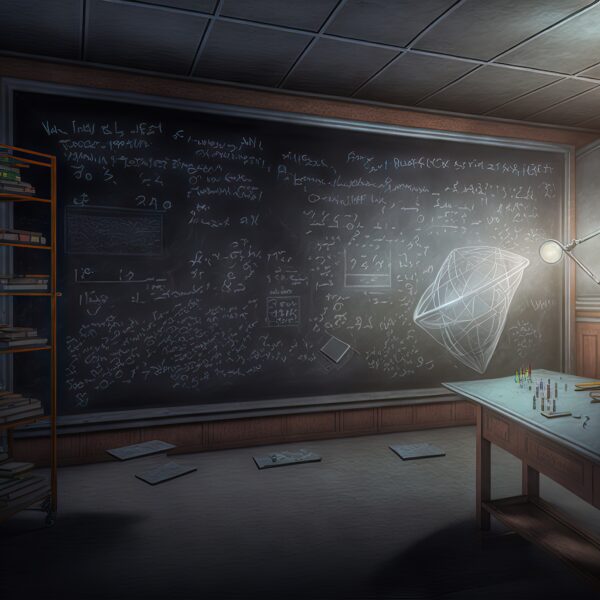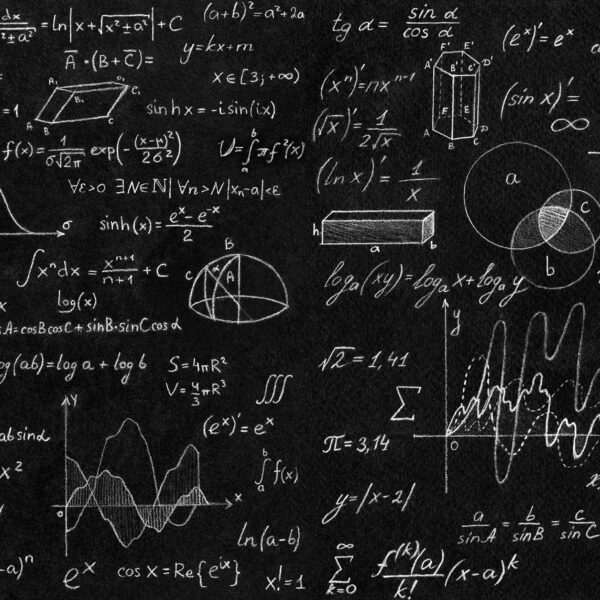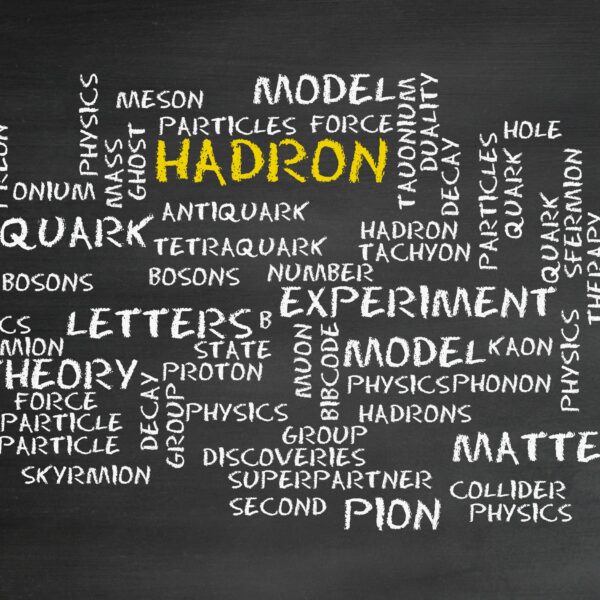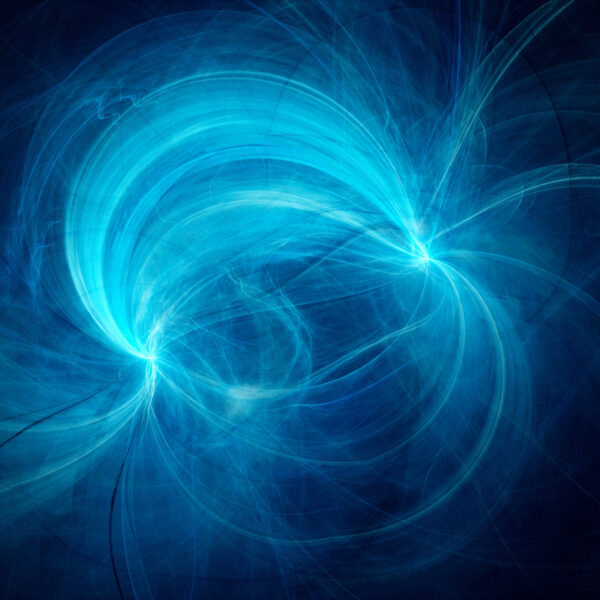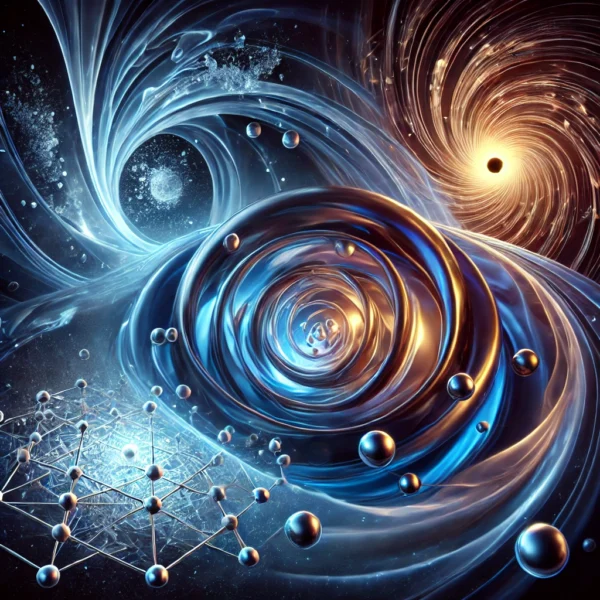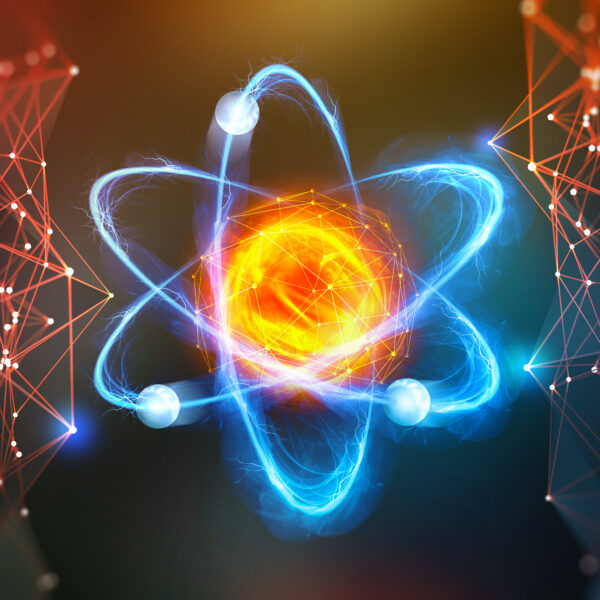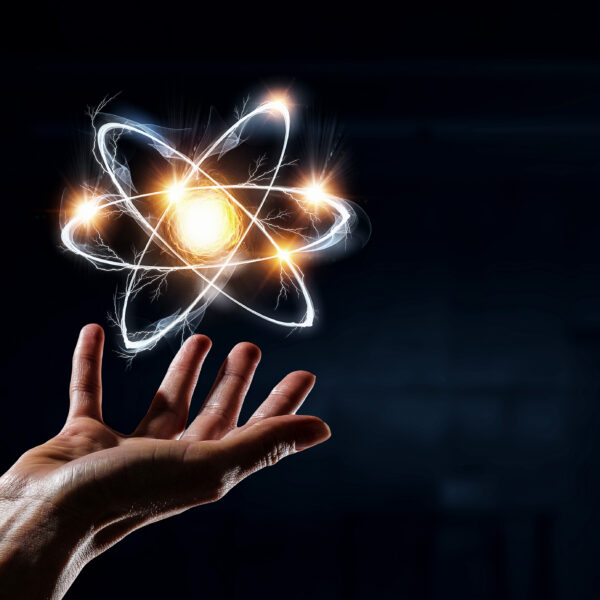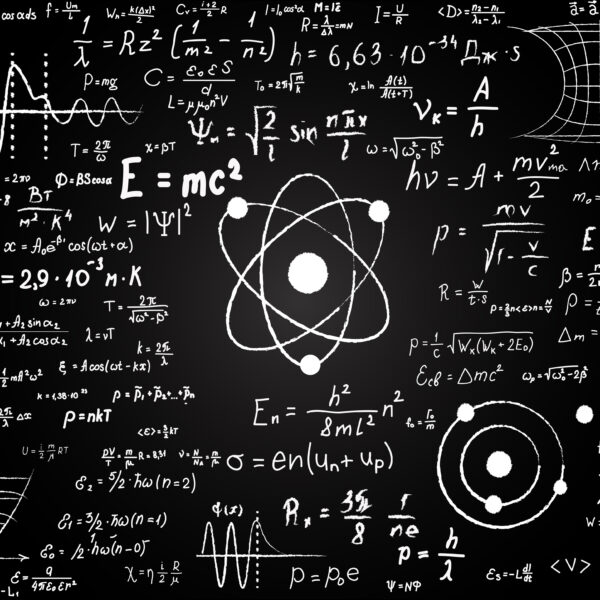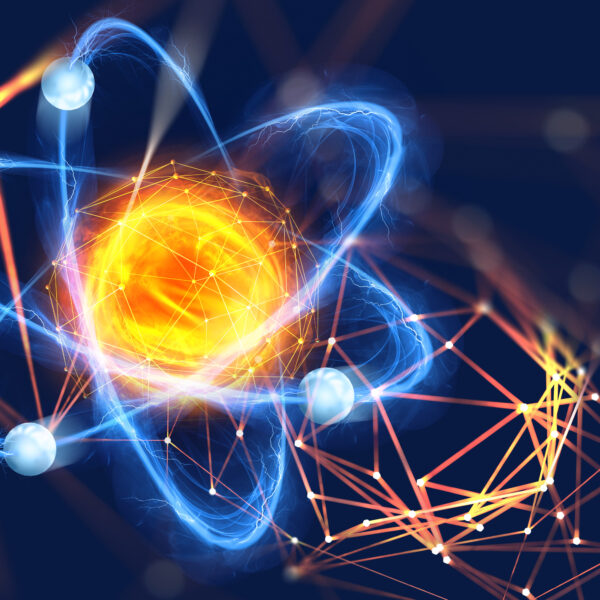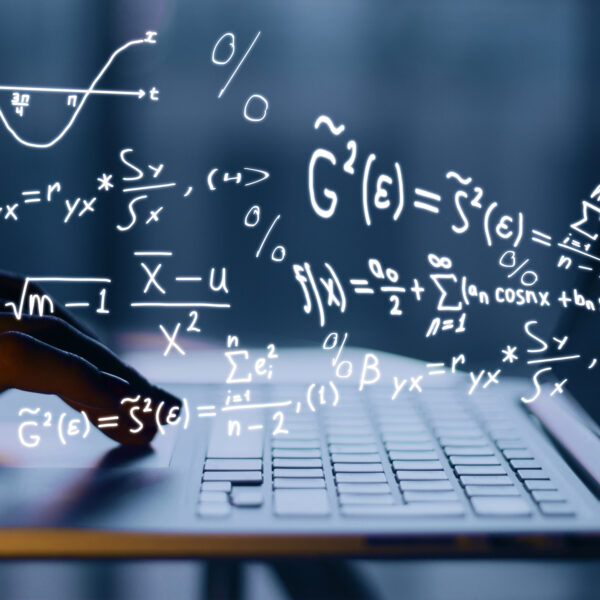Workshops General Archive
-
Ab initio applications in nuclear theory have grown dramatically over the past two decades thanks to the rapid development of effective field theories (EFT) for the nuclear force and the introduction of advanced algorithms for large scale many-body computations.More info
-
Strong links between theory and experiment are mandatory to advance nuclear physics and optimize the realization of experimental research programs. Presently, there is a limited amount of available data and software that allow experimentalists to have an easy access to state-of-the-art predictions for nuclear observables. One of the goals of the EURO-LABS project, implemented within the Horizon Europe program, consists in establishing virtual access (VA) facilities that fill this gap. The Theo4Exp facility has been recently launched in February 2024. The purpose of this workshop is to make Theo4Exp more widely known, introduce prospective users to its exploitation and, more importantly, set the grounds for broadening the scope of Theo4Exp and ameliorating the service for all the low-energy nuclear physics community. The ultimate goal is, thus, to further improve the synergy between theory and experiment, and improve the scientific impact of the field.More info
-
Universal scaling behaviors have been observed in a variety of strongly interacting systems, from nuclear binding to collective many-body properties of cold atoms. While it remains nebulous how these strongly coupled systems emerge from fundamental constituents, the peculiar patterns of these scaling symmetries connected seemingly different fields in a model-independent manner that demands a universal interpretation. Studying the universal behavior of few-to-many-body processes across the different fields can, in turn, yield new insights into strongly interacting, emergent phenomena. This workshop brings together experts representing the different areas to address this quickly growing and exciting line of research.More info
-
This workshop will connect different approaches to nonperturbative quantum field theory (including lattice QCD, Dyson-Schwinger equations and the functional renormalisation group) in exploring the analytical structure of Green’s functions in complex momentum space and methods for analytical continuation between Euclidean and Minkowski space, as well as prospects for direct calculations in Minkowski space. A particular focus will be how to reliably obtain results for physical observables which are most naturally defined in Minkowski metric, such as distribution amplitudes, generalized parton distributions, scattering and decay widths, and transport coefficients.More info
-
The workshop is dedicated to study superfluid systems in nonequilibrium conditions. In the case of atomic nuclei, two processes depend crucially on superfluidity: induced nuclear fission and low-energy nuclear collisions involving heavy nuclei. In the case of neutron stars, superfluidity is at the heart of the so-called `glitches’ observed in pulsars, but also plays a crucial role in determining transport coefficients that can influence the cooling of the star and its gravitational wave emission. To model these phenomena, it is crucial to understand dissipative channels related to superflow, the dynamics of vortices, and the decay mechanism of a quantum turbulent state. On the other hand, thanks to advances in experimental techniques in the field of ultracold gases and helium liquids, we can investigate nonequilibrium phenomena in these superfluids and use both experimental and theoretical achievements in these fields to understand the most intriguing questions related to nonequilibrium superfluidityMore info
-
In recent years, quantum technologies have garnered significant attention due to their promising applications, including quantum computation, cryptography, simulation of quantum many-body systems, and hybrid quantum-classical algorithms. As this field rapidly expands into specialized research areas, the Quantum Science Generation Workshop 2025 its third edition - aims to provide a comprehensive - and up-to-date overview of the most active research-areas within this field. The workshop will cover: (i) optical and condensed matter platforms for quantum computing; (ii) quantum simulation of problems of interest for condensed matter, nuclear, high-energy, or gravitational physics; and (iii) hybrid quantum algorithms for optimization problems. Targeted at young researchers at the PhD and PostDoc levels, the workshop seeks to foster discussion and collaboration across different quantum science disciplines, promoting new insights and advancing the field.More info
-
Lepton flavour change is observed in neutrino oscillations, but not yet in contact interactions among charged leptons – despite decades of active searching and a plethora of models. However, this could change soon, as a huge leap in experimental reach is promised by upcoming searches for μ → e conversion in nuclei. The workshop aims to bring together lepton, χPT/nucleon and nuclear theorists, in order to improve the multi-scale theoretical rate calculations, using state of the art mean-field or shell-model approaches, to the accuracy required by upcoming experiments. Also, in collaboration with experimentalists, we aim to explore feasible and complementary nuclear targets that could best identify the lepton flavour changing interactions.More info
-
The "mechanical properties" of hadrons have emerged as a new field of study in strong interaction physics. They refer to the hadronic matrix elements of the QCD energy-momentum tensor and related operators, which measure physical quantities carried by the quark and gluon fields inside hadrons, such as the momentum, angular momentum, and forces. These structures are studied theoretically using lattice QCD and effective theories, and measured experimentally through the connection with the partonic structure measured in high-energy scattering processes (generalized parton distributions). They can be interpreted in terms of classical concepts like a spatial distribution of matter, motion or forces, and open new possibilities for visualization and communication with other fields of science. The workshop will review the status of the field and assess the prospects for further developments in theory and experiment (JLab 12 GeV, EIC, hadron beam facilities).More info
-
Chiral anomalies lead to new transport phenomena such as the chiral magnetic and the chiral vortical effects. Due to the universality of anomalies these effects play an important role in many different areas ranging from the physics of heavy ion collisions to condensed matter systems such as Weyl- and Dirac metals. From the very beginning the theory of anomaly induced transport has received important inputs from holography (the “gauge/gravity” duality). In particular in view of the ongoing search for anomaly induced effects in heavy ion collisions it is necessary to deepen our theoretical understanding, develop new models and arrive at quantitative predictions. In addition, transport phenomena associated with spin and rotation are being investigated in heavy ion collisions. Holography is a very powerful tool that holds the promise to be able to successfully address all these issues. The workshop shall gather leading experts to discuss the status quo and foster new ideas and collaborations.More info
-
Lattice QCD calculations have reached per-mille-level precision for certain experimentally measurable quantities. Often, the limiting systematic uncertainty of such computations comes from determination of the lattice scale, converting the lattice results to physical units. A number of lattice collaborations carried out determinations of theoretical scales (e.g., a popular choice is the gradient flow scale) that are in slight tension. Lattice scale determination with fully accounted systematic uncertainties is not a purely theoretical question as it influences, for instance, the computation of the hadronic contribution to the anomalous magnetic moment of the muon and the determination of the CKM matrix elements. Thus, the precision of the lattice scale plays a direct role in confirming the Standard Model or differentiating new physics beyond the Standard ModelMore info
